New Scientist covers the latest developments in science and technology that will impact your world. New Scientist employs and commissions the best writers in their fields from all over the world. Our editorial team provide cutting-edge news, award-winning features and reports, written in concise and clear language that puts discoveries and advances in the context of everyday life today and in the future.
Elsewhere on New Scientist
What’s the difference? • Understanding brain divergence between the sexes could improve mental health
New Scientist
A selfie with the blue planet
Stem cells grown for experimental therapies pose a cancer risk
Polar bears seem to be ageing faster as the Arctic warms
New kind of magnetism revealed • Altermagnets could make it easier to cram data onto computer hard drives
Genetically modified bananas approved for the first time
Super-thickeners made of starch could cut calorie content
Container ship tests system to capture its own emissions
Is cosmic dust key to life’s origins? • Key ingredients for early life may have been delivered to glacial ponds from space
Female scorpions don’t mind being stung during sex
Field notes Brooklyn, New York • The start-up making jet fuel with carbon dioxide By rethinking a century-old process, captured emissions can be used to produce cleaner jet fuel, finds James Dinneen
Cell regeneration brings back sight • Vision has been restored in mice with damaged optic nerves, raising hope for glaucoma treatment
Microbes on plant roots change the taste of your tea
Can deepfakes be stopped? • AI-manipulated videos are used to harass people, scam money and influence elections. Is it too late to control them, asks Jeremy Hsu
Scammers use stolen voices
Humour may originate in the way great apes love to tease
Carbon dioxide gas glimpsed in Callisto’s thin atmosphere
Even tiny LSD doses affect the brain • A measure of consciousness called neural complexity increases with small amounts of the drug
Flea toad may be the world’s smallest vertebrate
Newborn black holes spew gas so hard they almost stop spinning
Nanobot uses a DNA clutch to engage its engine
Beef-rice hybrid is more sustainable
Our interpretation of emojis can vary
Ancients may have taken beloved pets to the grave
Really brief
A toxic debate • Growing alarm over “ultra-processed food” is anti-science and misplaced. Stick to the evidence, says biologist Jenny Chapman
This changes everything • When fandom becomes politics The conspiracy theory that Taylor Swift is a “psy op” is a symptom of the profound confusion online media is creating, writes Annalee Newitz
End of the ice
Your letters
What technology means for us • An ambitious exploration of our relationship with technology makes for interesting reading in the age of AI, finds Sandrine Ceurstemont
The persuaders • Could you get someone to change a deeply held belief? A new book has some intriguing lessons, finds Alison Flood
New Scientist recommends
The TV column • A bumpy ride Astronaut Jo Ericsson is alone on the International Space Station after a mysterious object hits it. Nothing is what it seems in Constellation, a show with frustratingly off-piste science. Still, it looks amazing, says Bethan Ackerley
YOUR AMAZING BRAIN
Time to heal all wounds • Gardening wisdom of the past 50 years has said that painting a tree’s pruning wounds is pointless – but James Wong isn’t so sure
Puzzles
Almost the last word
Tom Gauld for New Scientist
Feedback
Twisteddoodles for New Scientist
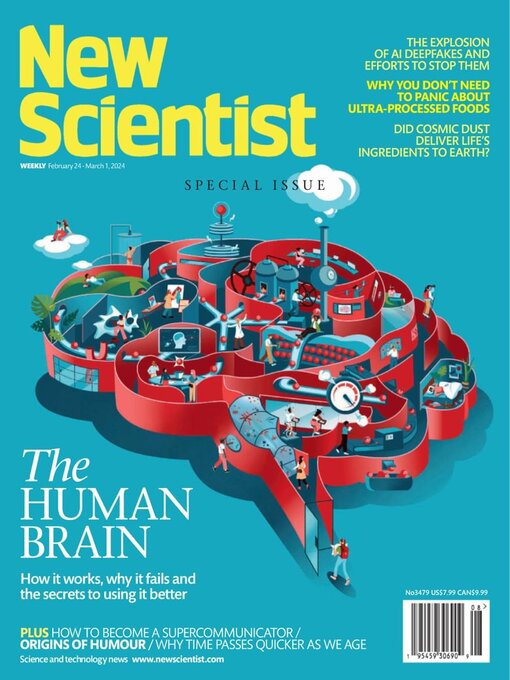
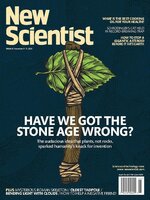 Nov 09 2024
Nov 09 2024
 Nov 02 2024
Nov 02 2024
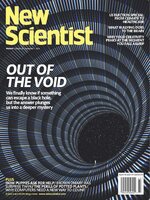 Oct 26 2024
Oct 26 2024
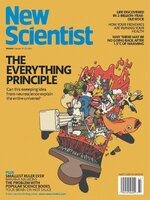 Oct 19 2024
Oct 19 2024
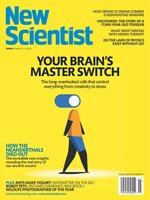 Oct 12 2024
Oct 12 2024
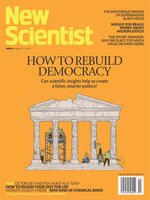 Oct 05 2024
Oct 05 2024
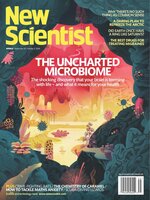 Sep 28 2024
Sep 28 2024
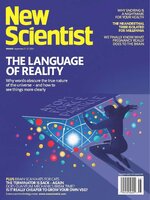 Sep 21 2024
Sep 21 2024
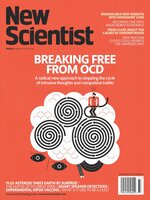 Sep 14 2024
Sep 14 2024
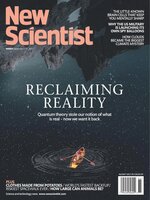 Sep 07 2024
Sep 07 2024
 Aug 31 2024
Aug 31 2024
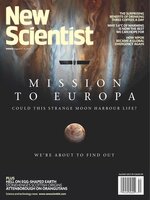 Aug 24 2024
Aug 24 2024
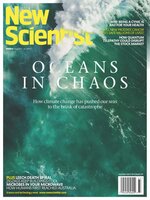 Aug 17 2024
Aug 17 2024
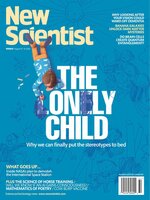 Aug 10 2024
Aug 10 2024
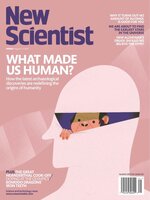 Aug 03 2024
Aug 03 2024
 Jul 27 2024
Jul 27 2024
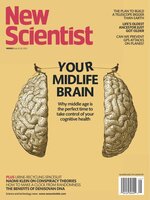 Jul 20 2024
Jul 20 2024
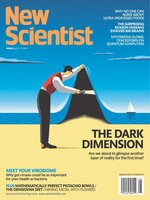 Jul 13 2024
Jul 13 2024
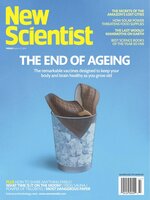 Jul 06 2024
Jul 06 2024
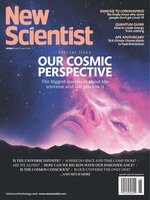 Jun 29 2024
Jun 29 2024
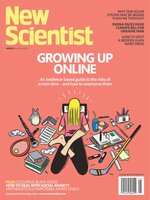 Jun 22 2024
Jun 22 2024
 Jun 15 2024
Jun 15 2024
 Jun 08 2024
Jun 08 2024
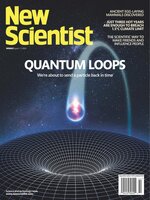 Jun 01 2024
Jun 01 2024
